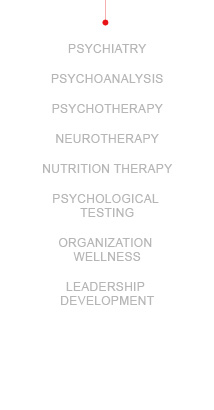Panic Disorder is characterized by having had two or more panic attacks, followed by at least one month of apprehension or anxiety about having another attack. Most people with Panic Disorder, however, have more than two panic attacks and have been apprehensive about the attacks for much more than one month. Individuals with Panic Disorder often worry that the panic attack:
- May be a signof serious medical problem (e.g., heart attack)
- May have negative physical consequence (e.g., lose control while driving)
- May have negative psychological consequences (e.g., going “crazy”)
- May have negative social consequences (e.g., embarrassment)
A panic attackis a discrete period of intense fear or discomfort in which anxiety symptoms develop abruptly and reaches a peak within 10 minute. The sudden onset intense fear and apprehension is accompanied by some of the following symptoms.
- Racing or pounding heart
- Shortness of breath
- Choking sensations (lump in the throat)
- Shaking or trembling
- Dizziness or lightheaded feelings
- Nausea
- Numbness or tingling sensations
- Tight or painful chest
- Fear of dying, losing control, or going crazy
Apprehension about having panic attacks can lead to people avoiding places or situations in which they have previously had panic attacks, or believe they might have panic attacks. This can lead to Agoraphobia.
People with other anxiety disorders may also experience panic attacks when in feared situations, but individuals with Panic Disorder also experience panic attacks at times or in places where they wouldn’t expect to have a panic attack.Both medication and cognitive-behavioral therapy have been shown to help people overcome their panic and anxiety. At IBBMed our professionals develop an integrative treatment to assist you in managing your panic attacks through cognitive behavioral therapy, medications, neurofeedback, nutritional counseling, meditation, relaxation training and yoga.

































